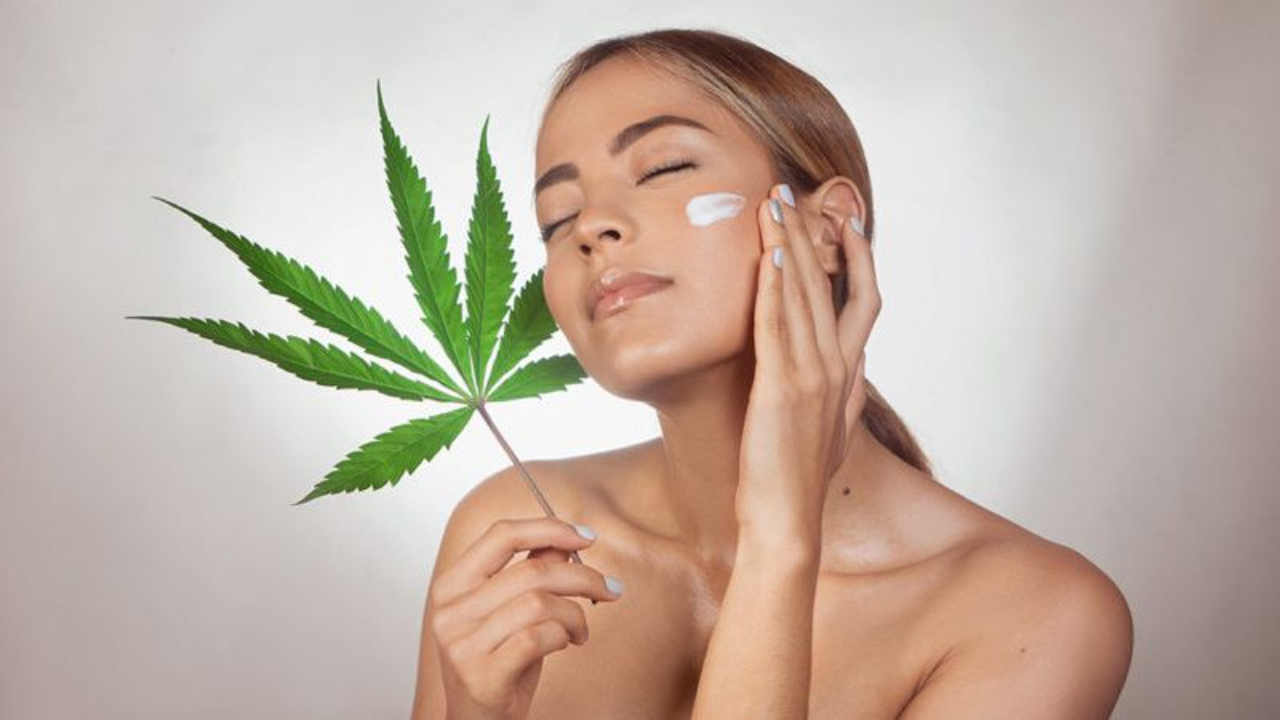CBD and Skin Health
Apr 30, 2025
Introduction
The skin is the largest organ covering the human body. It consists of various layers of cells that together act as a barrier to keep unwanted biological and chemical substances from penetrating and entering the body. The avascular outermost layer of the skin is called the epidermis, it is comprised of keratinocytes which participate in the protection against inflammation and immunological insults. The most superficial layer of the epidermis is the Stratum Corneum, which is the most difficult layer to penetrate. Below the epidermis is the vascular dermis layer which contains additional cell types such as fibroblasts and nerve endings playing a strategic role in pain perception.
A permeable skin layer allows intrusive yet subtle influences to penetrate the skin and create an immunological response which can lead to the generation of reactive oxygen species (ROS). Reactive oxygen species cause oxidative stress (pre-mature aging) causing cell damage and left unguarded, eventual chronic inflammation. ROS are also implicated in skin disorders and skin aging. Keratinocytes are the main cell types in the epidermis and are particularly vulnerable to environmental stressors.
The discovery of a skin endocannabinoid system and its role in maintaining skin homeostasis has created increased interest in the use of cannabidiol or CBD as treatment for a variety of skin conditions. CBD can work with skin in one of two ways—topically and transdermally. An evolving body of research suggests topical application of CBD may be effective for some skin disorders such as eczema, psoriasis, itching, and inflammatory conditions. Topical CBD preparations have a local effect but do not go into the blood stream. In comparison, transdermal CBD has a carrier protein that will transport CBD into the blood stream and eventually effect the overall body response.
CBD’s role is to support the endocannabinoid system in the skin utilizing Cannabinoid (CB) receptors which reach into the epidermis through the peripheral nervous system.
The usual treatment for inflammatory skin conditions is the use of steroid creams. These substances, however, carry side effects, such as thinning of the skin around the armpits, eyes, and groin. So, they can only be applied for two weeks at a time and then discontinued. However, CBD applied to the skin has a local effect through passive diffusion penetrating through the pores and then stimulating the CB receptors. The application of CBD has an immune-positive response unlike pharmaceutical steroid creams it can be applied to the skin on a long-term basis.
CBD Helps Smooth and Refine Surface Skin Texture
CBD combats tired skin that shows age, it plumps and brightens complexions for a lighter, rejuvenated look. Aging skin is dry and can appear aesthetically unpleasing. Furthermore, dry skin accentuates fine lines, wrinkles, and other blemishes on the skin. CBD can take care of these issues by hydrating and bringing moisture back to the skin layers.
Why wrinkles you may ask? Dermal water content is directly proportional to the elasticity of the skin and the formation of wrinkles. In fact, in individuals older than 60 years of age, dermal water content is controlled by a critical factor collagen. It has been reported when CBD is applied to the skin, dermal water content is increased and so too the elasticity of the skin which provides a protective effect against ultraviolet rays.
Issues of Aging Skin
Why you may ask, “Is my skin so fragile to tears, bruises and bleeding?” The following are reasons, a loss of elastin and a significant decrease in collagen, so there is a lack of cushion with less fat in the dermis. Therefore, blood vessels are more prominent on the back of the hand. Collagen is a structural protein critical to our skin’s health. It is the most abundant protein in the body making up eighty percent of our skin, bones, connective tissue, ligaments, and tendons. CBD is a powerful antioxidant, promoting and encouraging greater collagen production, especially when it is lacking.
Conclusion
CBD has been touted as a natural anti-aging solution for its ability to reduce the appearance of fine lines and wrinkles as well as to combat sagginess. When repeatedly applied to the skin greater dermal water content, improved elasticity and collagen are produced. However, the underlying molecular mechanisms need to be fully identified. Initial studies are positive yet more research is necessary. So, what do you have to lose? Try applying CBD to your face or any areas of inflammation and watch what happens! The jury is out. It is your turn to report in!
Dr. Dana Lillestol, PhD
Health Entrepreneur, Health Advocate and Health Educator

